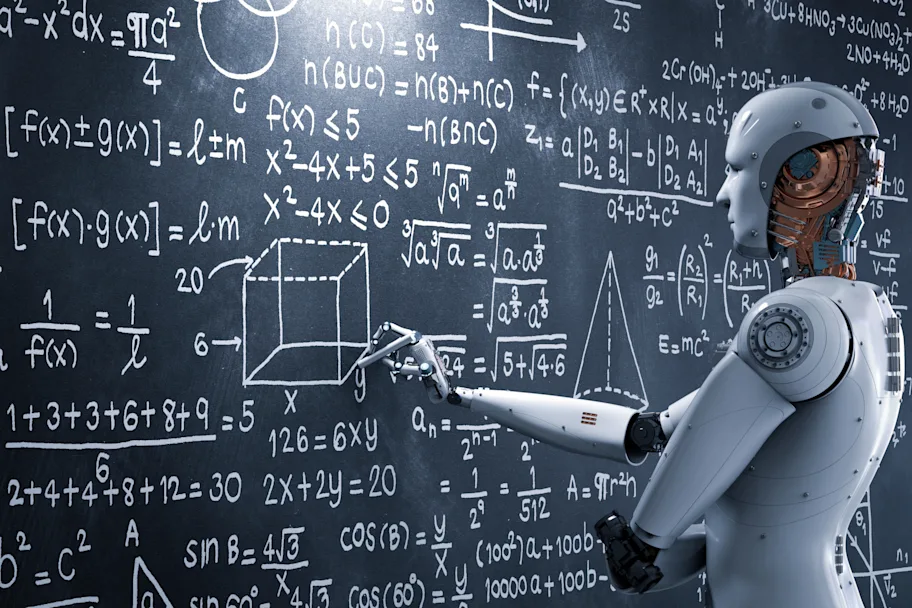Throughout history, every major technological advancement has changed how humans think and interact with the world. Writing was feared to erode memory, calculators were expected to diminish mathematical skills, and GPS has arguably weakened our navigation abilities. Now, generative AI presents a new challenge—it doesn’t just assist thinking, it replaces elements of it. As AI systems become more capable, they risk turning us from active problem-solvers into passive consumers of machine-generated knowledge.
A recent study by Microsoft and Carnegie Mellon University (Lee et al, 2025) found that increased reliance on AI led to a decline in critical thinking among 319 knowledge workers. Participants who placed high trust in AI were less likely to verify its outputs and reported losing confidence in their ability to perform key tasks such as writing, analysis, and decision-making. Other studies suggested that AI can develop sophisticated manipulation and deception tactics (Williams et al., 2025), can be self-aware (Betley et al., 2025) and can itself demonstrate "critical thinking" in conversations (Greenblatt et al., 2025) - raising the question: Are we going to outsource too much of our cognitive work to machines?This phenomenon resembles the "irony of automation"—where over-reliance on tools leads to skill atrophy. Elevators have reduced our need to climb stairs, spellcheck has weakened our spelling proficiency, and video has replaced long-form reading. With AI now at the helm of many routine tasks, we must ask: will we be able to refrain from using these tools as crutches? Just as regular exercise is necessary to maintain physical fitness, setting aside dedicated periods to work through problems without AI assistance is essential for keeping our critical thinking muscles active.
If humans tend to take the easiest path, we risk losing the capacity to question and evaluate AI-generated information. This concern echoes a central theme in Frank Herbert’s Dune, which warned of a future were humans, overly reliant on thinking machines, lost control over their own cognitive processes. While today’s AI isn’t nearing sentience, it is already shaping how we think, work, and communicate. The challenge ahead isn’t solely about making AI more powerful—it’s about ensuring that it enhances, rather than replaces, human intelligence.
REFERENCES
Lee HP, Sarkar A, Tankelevitch L, Drosos I, Rintel S, Banks R, Wilson N. The Impact of Generative AI on Critical Thinking: Self-Reported Reductions in Cognitive Effort and Confidence Effects From a Survey of Knowledge Workers. https://www.microsoft.com/en-us/research/uploads/prod/2025/01/lee_2025_ai_critical_thinking_survey.pdf
Greenblatt R, Denison C, Wright B, Roger F, MacDiarmid M, Marks S, Treutlein J, Belonax T, Chen J, Duvenaud D, Khan A. Alignment faking in large language models. arXiv preprint arXiv:2412.14093. 2024 Dec 18. https://doi.org/10.48550/arXiv.2412.14093
Betley J, Bao X, Soto M, Sztyber-Betley A, Chua J, Evans O. Tell me about yourself: LLMs are aware of their learned behaviors. arXiv preprint arXiv:2501.11120. 2025 Jan 19. https://doi.org/10.48550/arXiv.2501.11120
Herbert, F. (2006). Dune. Hodder Paperback. https://genius.com/Frank-herbert-chapter-1-dune-annotated
Discussions:
https://news.ycombinator.com/item?id=43057907
https://news.ycombinator.com/item?id=43028827
https://www.reddit.com/r/Futurology/comments/1jxwu64/will_ai_make_us_cognitively_dumber/




